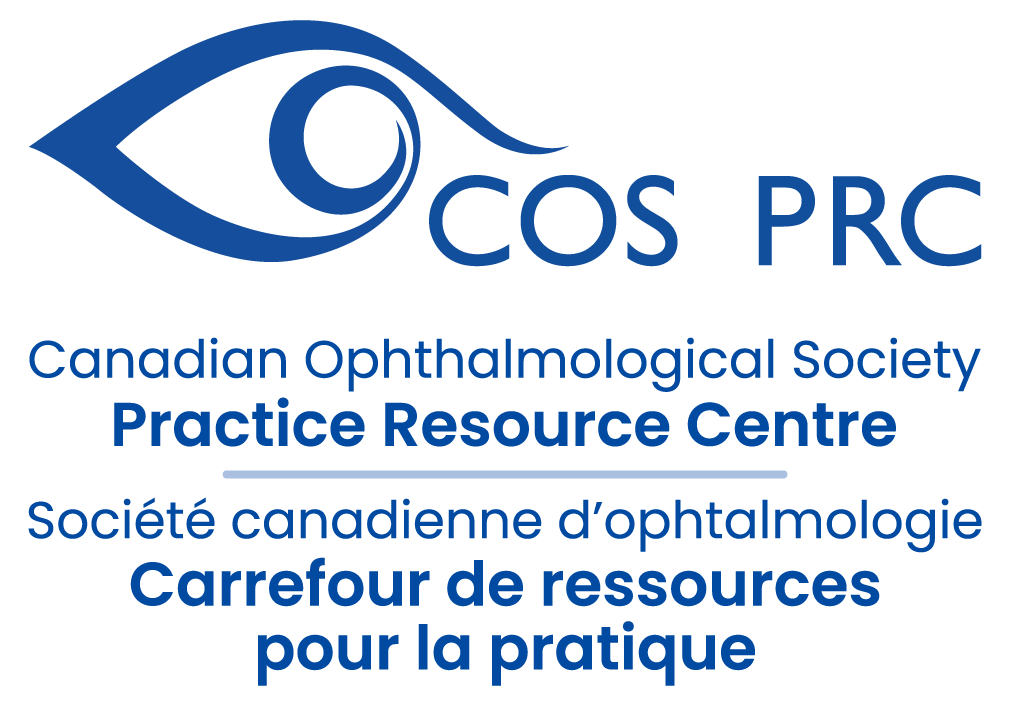Where does my learning activity fit?
The Royal College of Physicians and Surgeons of Canada (RCPSC)’s Maintenance of Certification (MOC) Framework separates continuing professional development activities into three distinct sections:
Section 1 – Group Learning
Includes rounds, journal clubs, small groups and conferences. Activities can be face-to-face or web-based.
Section 2 – Self-Learning
Planned to address specific needs, enhance awareness of new evidence potentially relevant to practice or enhance the quality of multiple systems. Section 2 activities do not require approval by an accredited CPD provider.
Section 3 – Assessment
Includes activities that provide data with feedback to individual physicians regarding their current knowledge base to enable the identification of needs and the development of future learning opportunities relevant to their practice.
Section 3 – Simulation
Simulation of real-life situations that allow participants to demonstrate (and receive feedback on) their application of knowledge (scientific and tacit), clinical reasoning, communication and problem-solving, as well as their ability to collaborate and work effectively in a health care team.
Maintenance of Certification (MOC) Program
The Royal College of Physicians and Surgeons of Canada’s Maintenance of Certification (MOC) Program is an evidence-informed educational initiative designed to support, enhance and promote the continuing professional development (CPD) activities of MOC Program participants, including the Canadian Ophthalmological Society (COS).
The COS MOC committee is a sub-committee of the CPD Council of the COS. The committee provides leadership in maintaining the RCPSC standards for accredited providers throughout the COS CPD program. The MOC committee approves high quality and ethically responsible accredited CPD opportunities, developed by physician organizations, for Canadian ophthalmologists and facilitates opportunities to work with other CPD partners to co-develop high quality and ethically responsible accredited CPD opportunities. MOC committee members: Dr. Colin Mann, Chair, Dr. Chloe Gottlieb, Dr. Glen Hoar, Dr. Phil Hooper, and Dr. Robert Schertzer.
National retinoblastoma strategy: Canadian guidelines for care
December 2009
National retinoblastoma strategy: Canadian guidelines for care
These guidelines are based on the best available evidence and expert opinion, and are intended to optimize patterns of clinical practice. They are not to be prescriptive or replace clinical judgement, nor restrict innovation. Healthcare professionals must always consider the needs, preferences, values, financial and personal circumstances of individual patients and work within the realities of their healthcare setting. Inequities in staffing, financial, equipment, and healthcare resources in different jurisdictions may impact upon physician and patient options and decisions. As the general nature of guidelines cannot provide individualized guidance for all patients in all circumstances, this document should not be used as a legal resource.



